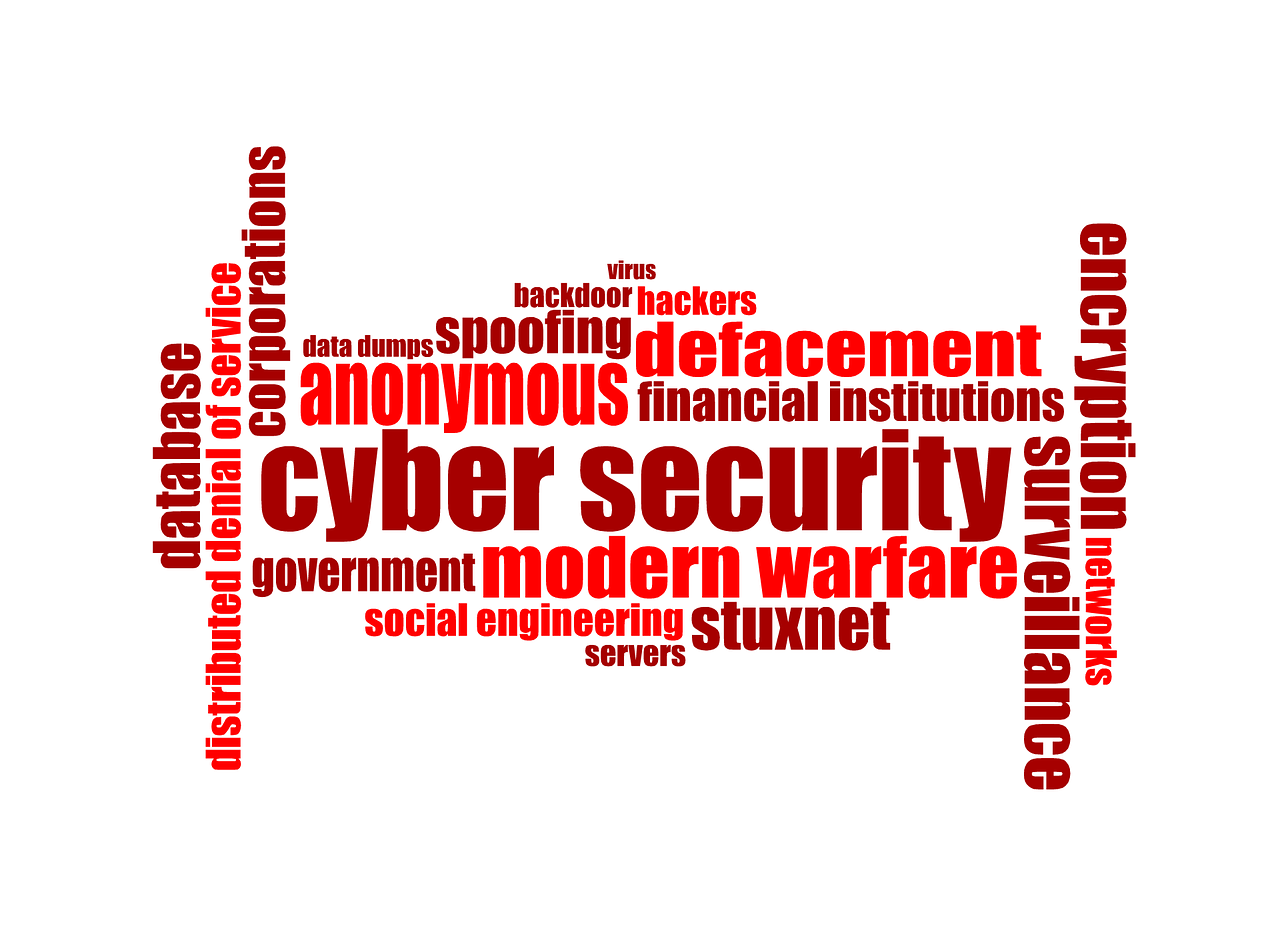Have you ever wondered what would happen if your business website was compromised? Not only can it damage your reputation, but it can also have serious financial consequences. In an increasingly interconnected digital world, website security is essential to protect data and maintain customer trust.
The Importance of Website Security
Website security is not just a fad, it’s an absolute necessity. A vulnerable website can become the target of cyberattacks, which can lead to data theft, financial losses, and damage to your brand image.
Alarming statistics
According to a report from Cybersecurity Ventures, the global costs of cybercrime are estimated to reach $6 trillion annually by 2021. Also, a study by Accenture shows that 68% of businesses have experienced at least one cyberattack in the past 12 months.
Common types of cyber attacks
- Phishing: Attackers try to obtain sensitive information, such as passwords or banking details, through fraudulent messages.
- Malware: Malicious software that infects a website and can steal data or damage its functionality.
- DDoS (Distributed Denial of Service): Attackers flood a website with traffic to make it inaccessible to real users.
- SQL Injections: Attackers exploit database vulnerabilities to access or manipulate sensitive information.
A notorious example is the attack on Yahoo in 2013, which compromised the information of over 3 billion accounts. This incident not only severely damaged the company’s reputation, but also led to significant financial losses and a decrease in market value.
Measures to improve website security
- Using SSL certificates: These ensure the encryption of data transmitted between users and the server.
- Regular updates: Make sure that the platform and all modules or plugins are up to date to prevent the exploitation of known vulnerabilities.
- Implement a strong password policy: Complex passwords that are changed regularly can significantly reduce the risk of unauthorized access.
- Regular backups: Make regular backups so that you can restore your website in the event of an attack.
- Use a firewall: Protect your website from attacks and unauthorized access.
- Monitor activity: Use monitoring tools to detect and promptly react to suspicious activities.
Conclusion
Ignoring website security can have disastrous consequences for your business. Investing in protective measures not only prevents attacks, but also ensures continuity and trust in your brand. Protect your business now to avoid future costs and inconveniencesoare.

